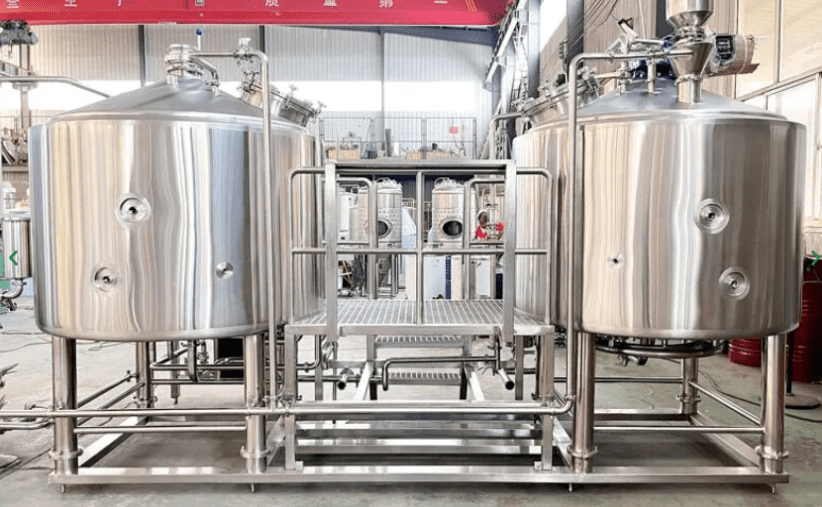Introduction:
As the craft beer industry continues to evolve and expand, microbreweries are constantly seeking ways to improve efficiency, consistency, and quality in their brewing processes. One of the most significant advancements in recent years has been the adoption of automated brewing equipment. From mash-in to packaging, automation streamlines operations and empowers brewers to focus on creativity and innovation. In this article, we will explore the numerous advantages of investing in automated brewing equipment for microbreweries and how it revolutionizes the brewing experience.
Precision and Consistency:
Automated brewing equipment offers unparalleled precision and consistency in every stage of the brewing process. Advanced control systems monitor and regulate key parameters such as temperature, pressure, and flow rates with remarkable accuracy, ensuring that each batch of beer meets exacting specifications. Consistency is essential for building brand reputation and satisfying discerning consumer palates.
Increased Efficiency and Productivity:
Automation reduces manual labor and minimizes the risk of human error, leading to increased efficiency and productivity in the brewery. Tasks such as mashing, lautering, boiling, and fermentation can be automated, allowing brewers to focus on recipe development, quality control, and other value-added activities. With faster turnaround times and higher throughput, breweries can meet growing demand and scale production more effectively.
Time and Cost Savings:
By automating repetitive and time-consuming tasks, breweries can realize significant time and cost savings over the long term. Automated brewing equipment operates 24/7 with minimal supervision, maximizing equipment utilization and reducing downtime. Labor costs are reduced as fewer personnel are required to operate and monitor the brewing process. Additionally, automation minimizes raw material waste and energy consumption, further contributing to cost savings.
Enhanced Recipe Management and Innovation:
Automation software enables brewers to create and store precise recipes with detailed parameters, making it easy to replicate successful brews and experiment with new formulations. Advanced brewing systems offer recipe management features that allow brewers to adjust ingredients, process parameters, and fermentation profiles with precision. This flexibility encourages creativity and innovation, empowering brewers to develop unique and distinctive beer styles.
Improved Quality Control and Traceability:
Automated brewing equipment provides robust quality control and traceability capabilities, ensuring that every aspect of the brewing process is monitored and documented. Sensors and instrumentation collect real-time data on key brewing parameters, allowing brewers to track and analyze process performance. This data-driven approach enables proactive quality management, early detection of issues, and continuous process optimization.
Scalability and Future-Proofing:
Investing in automated brewing equipment positions microbreweries for future growth and scalability. Modular systems can be easily expanded or upgraded to accommodate increased production volumes or new product lines. As demand fluctuates and market trends evolve, breweries can adapt quickly and efficiently to changing conditions without significant capital investment or disruption to operations.
Enhanced Safety and Compliance:
Automation improves safety in the brewery by minimizing the risk of accidents and exposure to hazardous conditions. Automated systems incorporate built-in safety features such as alarms, emergency shutoffs, and fail-safe mechanisms to protect personnel and equipment. Additionally, automation facilitates compliance with regulatory requirements and industry standards, ensuring that breweries adhere to sanitation, hygiene, and environmental regulations.
Conclusion:
Automated brewing equipment represents a paradigm shift in the craft beer industry, offering microbreweries unprecedented levels of precision, efficiency, and innovation. By embracing automation, breweries can achieve consistency, increase productivity, reduce costs, and enhance quality control. With the ability to scale production, experiment with new recipes, and adapt to changing market dynamics, automated brewing equipment empowers microbreweries to thrive in an increasingly competitive landscape. As the brewing revolution continues, automation will undoubtedly play a central role in shaping the future of craft beer.
Micet beer brewing equipment manufacturer:brewery equipment



































